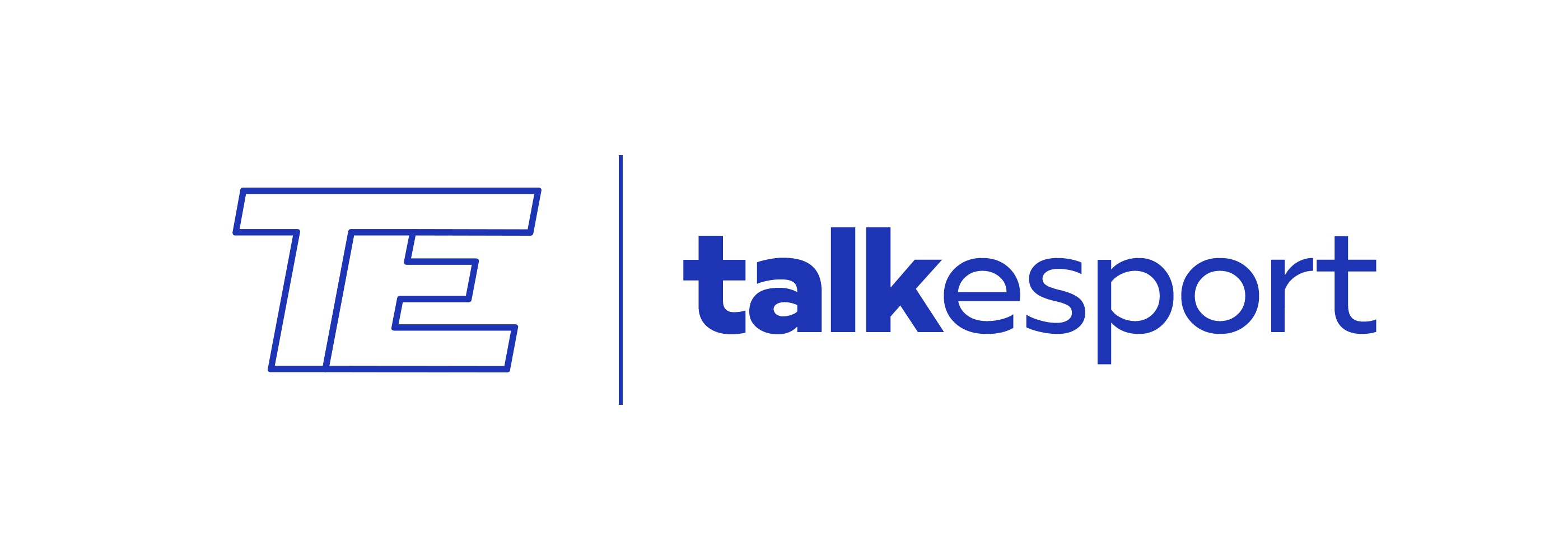If you’re a football fan, you no doubt enjoyed the action at the FIFA World Cup in Qatar late last year. What’s more, there’s a good chance you also played EA’s FIFA 23 and its critically acclaimed World Cup mode. Yet you may not realize this unassuming series is in fact the most widely played esport in the world, surpassing the likes of League or PUBG.

It may also surprise you to learn just how committed to establishing ties with the competitive gaming scene certain organizations, clubs, and sporting franchises really are, with football being no exception. Rest assured, before long you’ll be hearing more from the likes of some of the world’s biggest teams competing for accolades on virtual pitches.
Esports enjoyed an enormous surge in popularity at the outset of the 2020s when it found itself in the ideal position to target a remote global audience, while the traditional sports industry ran up historic losses to the approximate sum of $8 billion. And while some analysts expected that once global sports bounced back, esport’s newfound mainstream appeal would be eroded, this has not been the case.
Instead, the competitive gaming industry has broken $1 billion in global revenues and is projected to hit $3 billion by as early as 2028. Clearly, esports is here to stay. This is backed up by the sports betting industry, which has found that sports fans are increasingly inclined to make use of free offers such as those furnished by leading comparison platform OddsChecker on esports events, just as they would do with conventional games and tournaments.
In light of this, a growing number of football clubs from across the globe have been seeking to establish their presence in leading esports tournaments like the annually contested FIFA eClub World Cup, with interest spiking in the wake of the esports boom.
Below we’re going to take a look at the football clubs that are redefining the beautiful game’s relationship with esports in 2023 – both in terms of digital football, and beyond.
Manchester City
The Sky Blues are no stranger to success on the physical pitch. Their current run of form has seen them rise to the top of the soccer power index. That they’re also taking the esports phenomenon seriously is noteworthy and their interest will be sure to bring other large clubs into contention in the coming years.
To date, the Manchester City Esports Team has only qualified for the Fifa eClub World Cup once, back in 2019. They topped their group, knocking out rival EPL team Wolverhampton before succumbing to French Ligue 2 side Dijon FCO in the final-16.
AFC Ajax
Dutch football powerhouse AFC Ajax broke out of the group stages in the 2019 tournament before getting knocked out at the hands of veritable esports royalty, FaZe clan. However, despite that early run of form, they’ve failed to make the final 24 in the two competitions held since.
FC Schalke 04
No real-world side has invested as deeply in esports as FC Schalke, which maintains teams not only in virtual football but a host of other popular esports. In 2022, Schalke 04 qualified for the eClub World Cup, made it clear of the group stages and was only stopped by Ninjas in Pyjamas in the quarter-finals.
Borussia Dortmund
Bundesliga franchise Borussia Dortmund qualified for the 2021 eClub World Cup and battled their way out of Group B. The final 16 saw them trounce esports team R288 4 – 1 before having their momentum decisively arrested in the quarter-finals by Fnatic, who pressed the squad to a 6 – 3 loss.

AS Roma
In 2021, AS Roma became the most successful team to make the jump to the eClub World Cup since final runners-up Dijon FCO in 2019. AS Roma had to navigate a perilous journey through the bracket that saw them battle Fnatic in the group stages before. To everyone’s surprise, Roman went on to knock out FaZe clan in the final-16.
A real-world match-up against Sporting Lisbon followed in the quarter-finals and ended with Roma coming out on top. Sadly, eventual cup winners Complexity sent them home in the semi finals.
More To Come
What sets the above teams apart is not their scale relative to other clubs, but the length of time they’ve invested in building up their esports subsidiaries. It is for this reason that relatively minor sides, like Dijon FCO, have been able to compete against some of the world’s more successful cross-disciplinary esports teams.
As of 2023, more physical clubs than ever before have sought to gain a foothold in the competitive gaming space, with varying degrees of success. These include big names in international football. They have the kind of corresponding bankrolls and brand identity that will, before long, guarantee they will be able to attract the necessary talent to their gaming divisions to bring the fight to the likes of not only Man City, but gaming heavy-hitters such as FaZe Clan and Fnatic.
Also among the clubs known to be investing heavily in securing esports wins are Paris Saint-Germain, whose PSG Esports team is actively competing in not only FIFA, but League of Legends, Brawl Stars, Dota 2, Arena of Valor, Mobile Legends: Bang Bang and Rocket League. However, in spite of their obvious commitment to the goal, they’re presently languishing as a back marker, with a FIFAe ranking of just #350.
Likewise, ascending the FIFAe rankings you’ll find RB Leipzi, competing under the RBLZ Gaming moniker, as well as a host of other familiar names, from AC Monza to FC Basel 1893 and Sporting Lisbon.
As for the superclubs capable of rivalling the clout of PSG and Man City, few have bitten the bullet yet. Juventus. Real Madrid, Liverpool, Chelsea, Tottenham Hotspur have created verified teams, but none of these have either played or qualified as yet.
Juventus has done slightly better, successfully qualifying but not managing to do enough to gain a ranking. Elsewhere, FC Barcelona, Bayern Munich, Manchester United, and Arsenal haven’t even gone so far as to register an interest – but you can expect that to change sooner rather than later.


